
Henry Boot PLC
LSE:BOOT


Utilize notes to systematically review your investment decisions. By reflecting on past outcomes, you can discern effective strategies and identify those that underperformed. This continuous feedback loop enables you to adapt and refine your approach, optimizing for future success.
Each note serves as a learning point, offering insights into your decision-making processes. Over time, you'll accumulate a personalized database of knowledge, enhancing your ability to make informed decisions quickly and effectively.
With a comprehensive record of your investment history at your fingertips, you can compare current opportunities against past experiences. This not only bolsters your confidence but also ensures that each decision is grounded in a well-documented rationale.
Do you really want to delete this note?
This action cannot be undone.
This alert will be permanently deleted.
Profitability Summary
Henry Boot PLC's profitability score is hidden . We take all the information about a company's profitability (such as its margins, capital efficiency, free cash flow generating ability, and more) and consolidate it into one single number - the profitability score. The higher the profitability score, the more profitable the company is.
Profitability Score
We take all the information about a company's profitability (such as its margins, capital efficiency, free cash flow generating ability, and more) and consolidate it into one single number - the profitability score. The higher the profitability score, the more profitable the company is.
We take all the information about a company's profitability (such as its margins, capital efficiency, free cash flow generating ability, and more) and consolidate it into one single number - the profitability score. The higher the profitability score, the more profitable the company is.
Profitability Score
Margins
Earnings Waterfall
Henry Boot PLC

Margins Comparison
Henry Boot PLC Competitors

| Country | Company | Market Cap |
Gross Margin |
Operating Margin |
Net Margin |
||
|---|---|---|---|---|---|---|---|
| UK |

|
Henry Boot PLC
LSE:BOOT
|
261.4m GBP |
Loading...
|
Loading...
|
Loading...
|
|
| US |
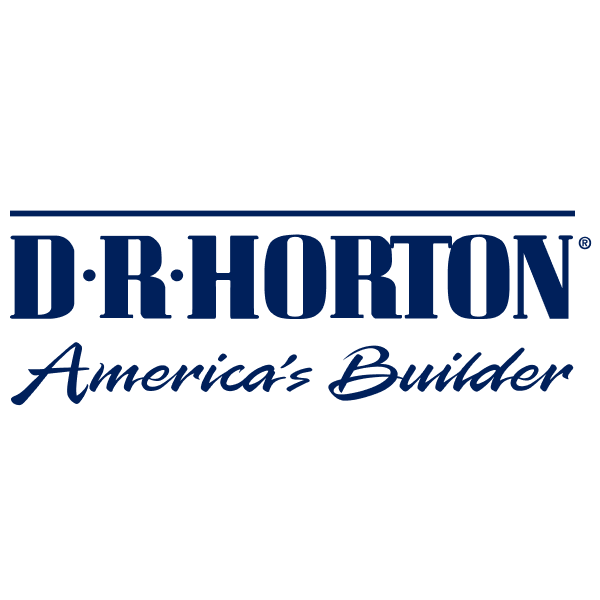
|
D R Horton Inc
NYSE:DHI
|
43.5B USD |
Loading...
|
Loading...
|
Loading...
|
|
| US |
D
|
DR Horton Inc
XMUN:HO2
|
26.1B EUR |
Loading...
|
Loading...
|
Loading...
|
|
| US |
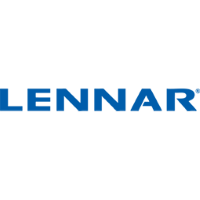
|
Lennar Corp
NYSE:LEN
|
27.8B USD |
Loading...
|
Loading...
|
Loading...
|
|
| US |
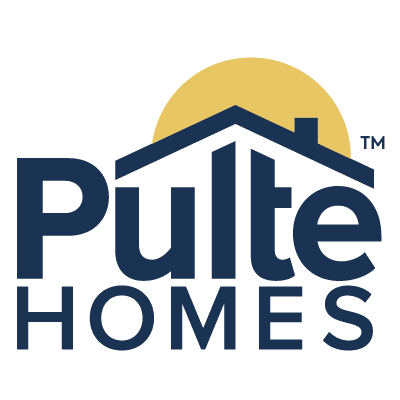
|
Pultegroup Inc
NYSE:PHM
|
24.8B USD |
Loading...
|
Loading...
|
Loading...
|
|
| US |
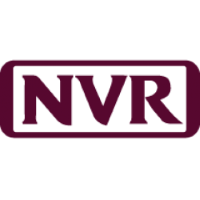
|
NVR Inc
NYSE:NVR
|
22.1B USD |
Loading...
|
Loading...
|
Loading...
|
|
| JP |
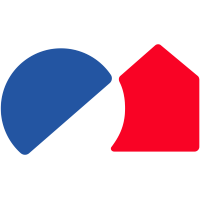
|
Sekisui House Ltd
TSE:1928
|
2.2T JPY |
Loading...
|
Loading...
|
Loading...
|
|
| US |
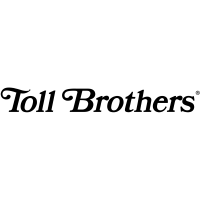
|
Toll Brothers Inc
NYSE:TOL
|
13.8B USD |
Loading...
|
Loading...
|
Loading...
|
|
| US |

|
TopBuild Corp
NYSE:BLD
|
13.1B USD |
Loading...
|
Loading...
|
Loading...
|
|
| UK |

|
Barratt Developments P L C
LSE:BDEV
|
6.8B GBP |
Loading...
|
Loading...
|
Loading...
|
|
| US |

|
Installed Building Products Inc
NYSE:IBP
|
7.9B USD |
Loading...
|
Loading...
|
Loading...
|
Return on Capital
Return on Capital Comparison
Henry Boot PLC Competitors

| Country | Company | Market Cap | ROE | ROA | ROCE | ROIC | ||
|---|---|---|---|---|---|---|---|---|
| UK |

|
Henry Boot PLC
LSE:BOOT
|
261.4m GBP |
Loading...
|
Loading...
|
Loading...
|
Loading...
|
|
| US |

|
D R Horton Inc
NYSE:DHI
|
43.5B USD |
Loading...
|
Loading...
|
Loading...
|
Loading...
|
|
| US |
D
|
DR Horton Inc
XMUN:HO2
|
26.1B EUR |
Loading...
|
Loading...
|
Loading...
|
Loading...
|
|
| US |

|
Lennar Corp
NYSE:LEN
|
27.8B USD |
Loading...
|
Loading...
|
Loading...
|
Loading...
|
|
| US |

|
Pultegroup Inc
NYSE:PHM
|
24.8B USD |
Loading...
|
Loading...
|
Loading...
|
Loading...
|
|
| US |

|
NVR Inc
NYSE:NVR
|
22.1B USD |
Loading...
|
Loading...
|
Loading...
|
Loading...
|
|
| JP |

|
Sekisui House Ltd
TSE:1928
|
2.2T JPY |
Loading...
|
Loading...
|
Loading...
|
Loading...
|
|
| US |

|
Toll Brothers Inc
NYSE:TOL
|
13.8B USD |
Loading...
|
Loading...
|
Loading...
|
Loading...
|
|
| US |

|
TopBuild Corp
NYSE:BLD
|
13.1B USD |
Loading...
|
Loading...
|
Loading...
|
Loading...
|
|
| UK |

|
Barratt Developments P L C
LSE:BDEV
|
6.8B GBP |
Loading...
|
Loading...
|
Loading...
|
Loading...
|
|
| US |

|
Installed Building Products Inc
NYSE:IBP
|
7.9B USD |
Loading...
|
Loading...
|
Loading...
|
Loading...
|







